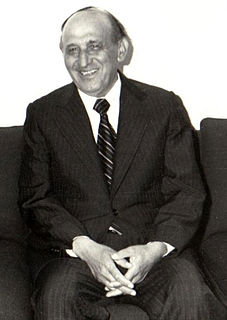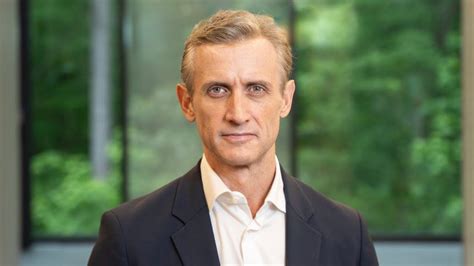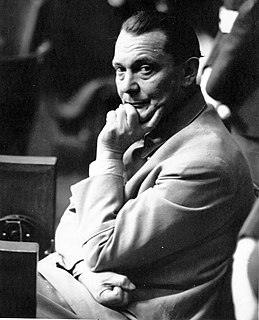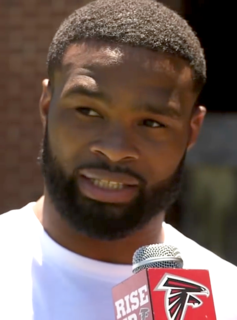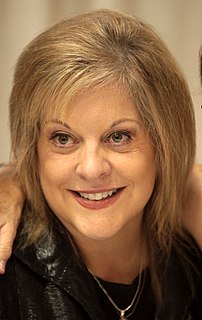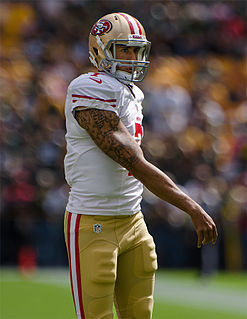A Quote by Todor Zhivkov
The police belongs to the people and the people belong to the police.
Related Quotes
Many White people are not sensitive to the kind of abuse that African Americans, especially younger African Americans, receive at the hands of police officers and police departments. I think for most Whites their experience with the police has been good or neutral because they don't interact with the police as much as those in the Black community.
I met a retired police detective. And he said to me that the interesting thing about heatwaves, from a police perspective, is that the number of people who just walk out of their lives when the weather gets unbearable is astronomic. He said the police prepare themselves for it - for a huge rise in the instances of missing persons. People choose to disappear when it's hot. It was fascinating.
Certainly I shall use the police, and most ruthlessly, whenever the German people are hurt. But I refuse the notion that the police are protective troops for Jewish stores. No, the police protect whoever comes into Germany legitimately, but it does not exist for the purpose of protecting Jewish money-lenders.
